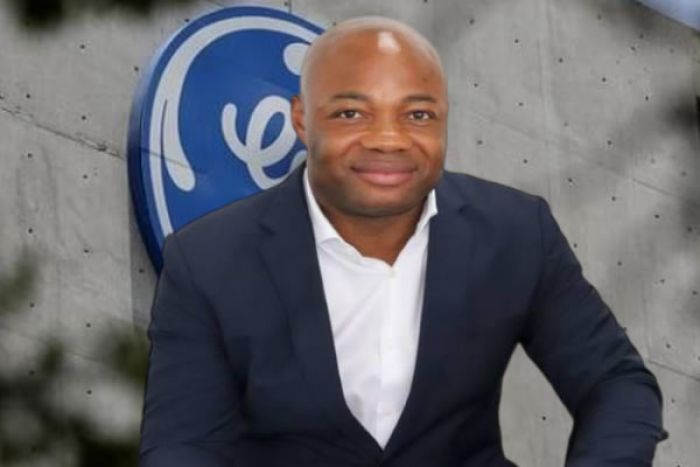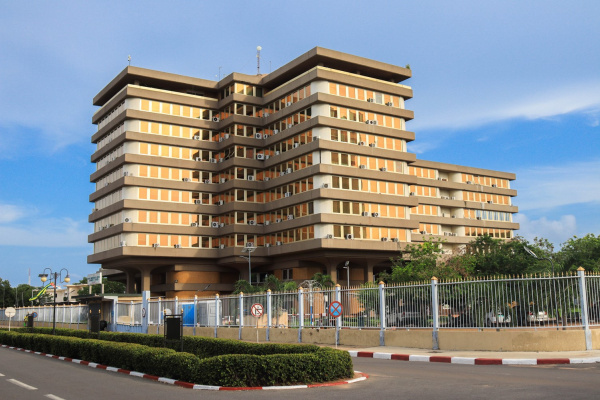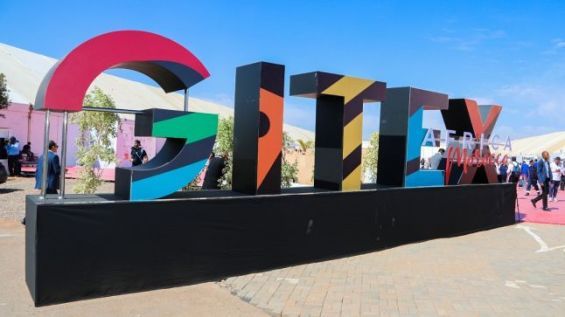The recent conviction of Wilson da Costa, the former General Electric (GE) representative in Angola, is not just a sensational courtroom drama. It is a symbol of something much deeper and more entrenched, the unchecked grip of transnational capital and its role in perpetuating corruption across Africa.
Sentenced by a U.S. federal court to seven years in prison and a $5 million forfeiture, da Costa’s crimes — document forgery, identity theft, and manipulation of Angola’s energy contracting process — cast a glaring light on how foreign companies and their operatives often subvert national interests in pursuit of profit. But this is not an isolated episode. It is part of a longer historical arc that stretches from the age of mercantilist exploitation to the contemporary globalised economy, where Africa continues to be treated as a source of raw materials and cheap returns.
At the heart of this case is a failed $1.1 billion project to modernise Angola’s power infrastructure, which was initially awarded to Portuguese company Aenergy. According to the U.S. Justice Department, da Costa used falsified documents and identities to manipulate the Angolan government into cancelling Aenergy’s contracts — actions that ultimately benefited General Electric. GE later struck a quiet agreement with Aenergy to avoid being dragged into litigation, yet the damage had been done.
This was not simply a case of rogue behavior by a lone actor. It is emblematic of how some foreign agents operate with impunity in African countries, leveraging political instability, opaque procurement processes, and weak regulatory oversight to distort national development agendas.
To understand how these modern crimes are rooted in deeper systemic issues, one must revisit the historical foundations of Africa’s relationship with international capital. The mercantilist period — from the 16th to the 19th centuries — saw European powers establish trading posts and monopolies along Africa’s coasts, not to build mutually beneficial commerce, but to extract and export commodities (and people, via the transatlantic slave trade) for the enrichment of European states and companies.
This extractive template was intensified during colonial rule, where infrastructure development was designed not for local benefit, but to serve the export of minerals, agricultural products, and oil to the imperial centers. Railroads were laid not to connect African communities, but to link mines to ports. Legal systems were established to protect colonial companies, not African citizens.
Post-independence, these systems did not disappear — they simply changed hands. Transnational corporations, often shielded by bilateral investment treaties and backed by powerful home governments, stepped in where empires left off.
Modern corruption in Africa is often portrayed in the global media as a problem of African governance. Yet, as the da Costa case illustrates, it is frequently the agents of powerful corporations who initiate, facilitate, and benefit from these corrupt transactions.
Why does this persist? Firstly, many African economies remain structurally dependent on a narrow set of extractive industries, from oil in Nigeria and Angola, to cobalt in the DRC, to gold and platinum in South Africa. These sectors are capital-intensive and require foreign investment, giving external actors disproportionate leverage over local policy. When institutions are weak or compromised, foreign companies can manipulate contracts, lobby officials, or, as in da Costa’s case, forge entire paper trails to secure dominance.
Secondly, international legal enforcement is often toothless. Cases like da Costa’s only make headlines when prosecuted by Western authorities. African legal systems rarely have the capacity or political freedom to pursue such prosecutions, especially when the companies involved are multinational behemoths with political connections.
Angola, like many African nations, is trying to rebuild and diversify after decades of war and oil dependency. It desperately needs honest partnerships to upgrade its energy infrastructure. But what happens when those “partners” undermine the very contracts that are meant to deliver electricity to communities?
The GE-Aenergy scandal undermines confidence in public-private cooperation. It sends a chilling message to local entrepreneurs and investors: the game is rigged, and foreign agents may use fraud and influence to outmaneuver domestic firms.
Angola is not alone. In Nigeria, the controversial P&ID case — involving a $10 billion arbitration claim over a failed gas project — similarly highlights how international companies can exploit legal loopholes to the detriment of entire economies. The DRC’s mineral contracts, often negotiated in secrecy with Chinese and Western firms, are another example of how national wealth is siphoned away without local accountability.
Africa needs a new narrative of development — one that reclaims agency from external powers. Instead of merely inviting foreign investment, countries must define the terms of engagement. They must prioritise value addition, local job creation, and environmental protection — not just foreign investor returns.
Wilson da Costa’s conviction may bring closure to one case, but it is also a wake-up call for the entire continent. Africa cannot afford to be a battleground where foreign agents manipulate systems for private gain while citizens pay the price in lost opportunities and eroded sovereignty.
The fight against corruption must start with recognising its international dimensions. Only then can Africa truly begin to hold transnational capital accountable — and rewrite its economic future on its own terms.




